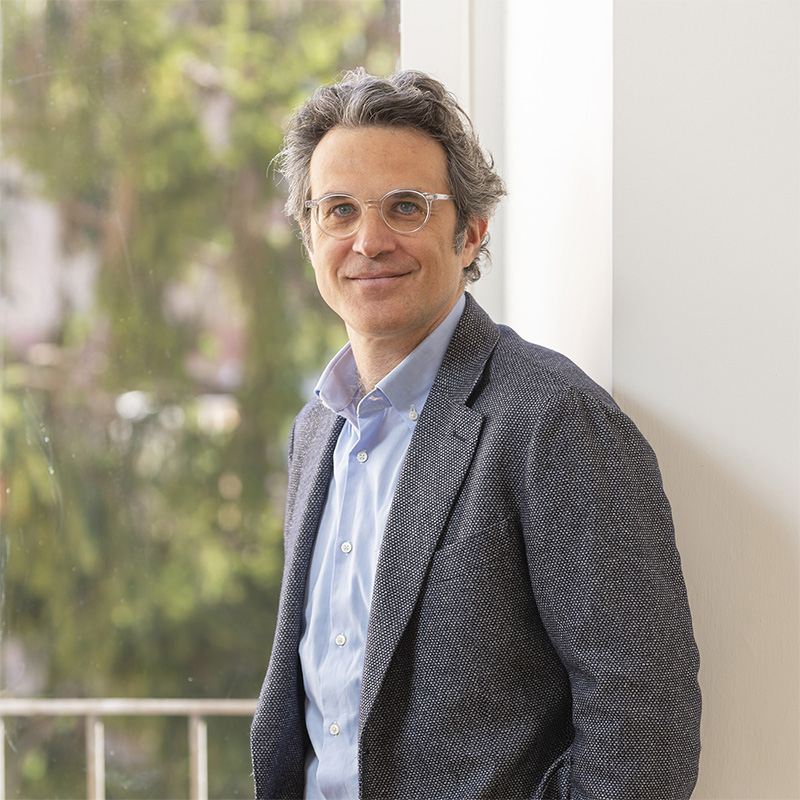OpenEconomics acquires t33 and creates a European player
FEB 2026

Publishing 28 December 2020
Organising workshops has always been a strength for us t33 experts. Workshops help us to fully understand what we are studying, especially benefitting from shared information and participant statements. Focus groups in particular offer valuable opportunities to validate the results of our research/study/evaluation. Also, during all types of workshop we often establish continuing relationships that sometimes turn into friendship.
We were convinced that personal, meaning physical, contact was crucial to exchanging views.
Making people travel requires lots of time from them, with costs for their flights, taxi and hotels… and CO2 emissions. Very true. ‘But participation in workshops is a fundamental activity in our sector, so we have to live with this’ was our reasoning.
We wanted to ensure the highest quality for our clients and did not imagine the possibility of distance workshops. ‘The risk is that the client will reject our offer, as our competitors will for sure guarantee an effective, traditional – and expensive – workshop!’.
We all know what happened in 2020.
Today we organise workshops on e-platforms as part of our European studies and programme evaluation activities. What have we learnt?
First of all, we discovered distance workshops can be successful. We can inform, stimulate and activate participants. They openly discuss issues among themselves and express their own positions. So we get what we need, i.e. validation or contradiction of our points. Additionally, tools used in live meetings to gather feedback from participants, such as Sli.do or mentimenter.com, can also be efficiently used online, generating interesting debate. There are countless options for these and other online instruments.
Secondly, we realised that to be successful we have to organise online workshops following all these steps:
You are probably thinking... these simple rules should have been applied in any live session pre-Covid! We agree. Our online workshops are successful because we do everything that was necessary to ensure a successful live workshop. So distance does not dramatically change our way of working, it just requires more preparation and more discipline. Since less time is dedicated to travelling, can we say it is a more efficient use of resources?
Thinking of logistics, we note there is an additional task – and cost. We must identify the proper e-platform, it must enable interactivity and be fully accessible for all participants. Ideally, the platform should be tested before the session, which is an excellent opportunity for the preliminary interview.
There are obviously some very strong points with distance workshops. Participation from your own office is much more efficient. It is not necessary to travel and sessions tend to be shorter. This means we not only create easier conditions for participation, but we can also involve participants who had never participated in live workshops. Last but not least, we dramatically reduce CO2 emissions!
There are weak points to be considered, too. Without coffee breaks, out of the box thoughts are less likely and less unofficial information is exchanged. In some contexts, this could be a big loss. Finally, the sessions are not followed by aperitifs and social dinners. This means there are fewer occasions to establish mutual trust and even friendship. In our view, this does not mean giving up on a luxury. This means reducing the capacity to enhance and expand your network, which is a primary asset in our business. Finally, travelling is also a way to learn. When we travel, we gather professional and social expertise that adds to our skills, which is particularly important for young professionals. In addition, job interviewers often favour professional experience that required travelling.
What about the future? We think we have learnt to conduct distance sessions and will use this efficient way of working much more. However, we think that when we can organise a live session, we will be more conscious that it is a costly but precious occasion to learn the most from each other.
If you want to discover more details on how to to readjust a methodology based on interactive workshops respecting the physical distance required in Covid 19 times, you can read a news posted by my colleague Cristina Stronati.
FEB 2026
DEC 2025
NOV 2025
OCT 2025
JUN 2025
MAY 2025